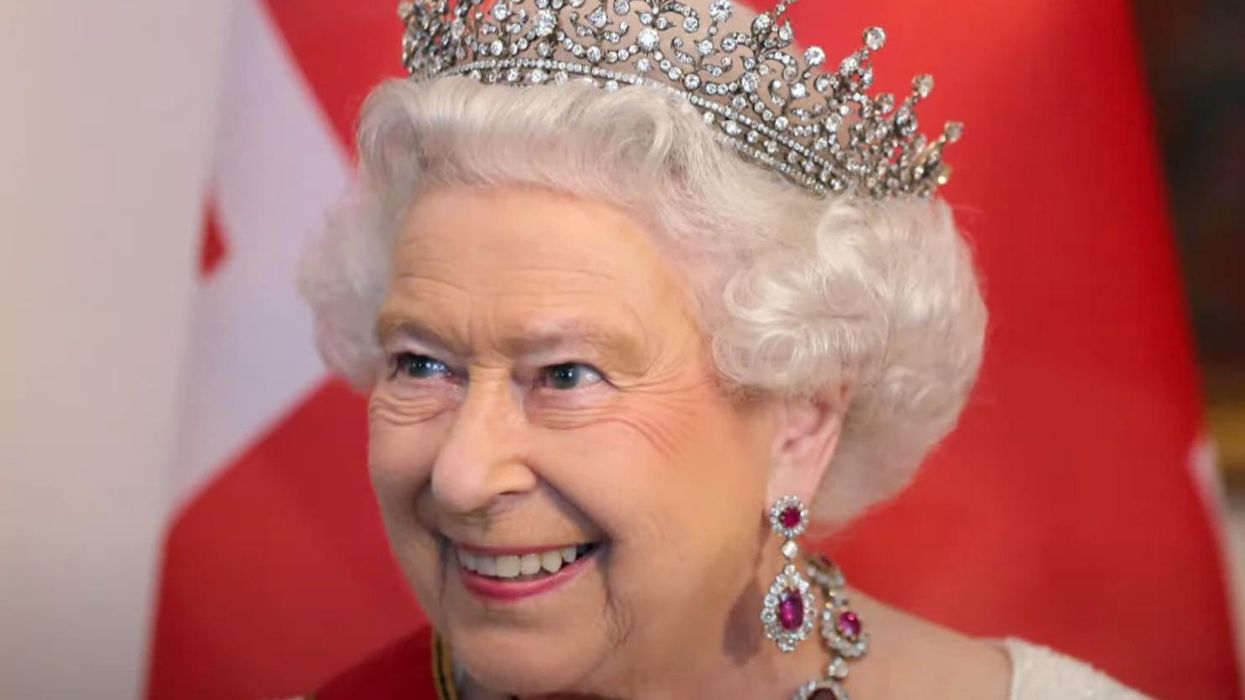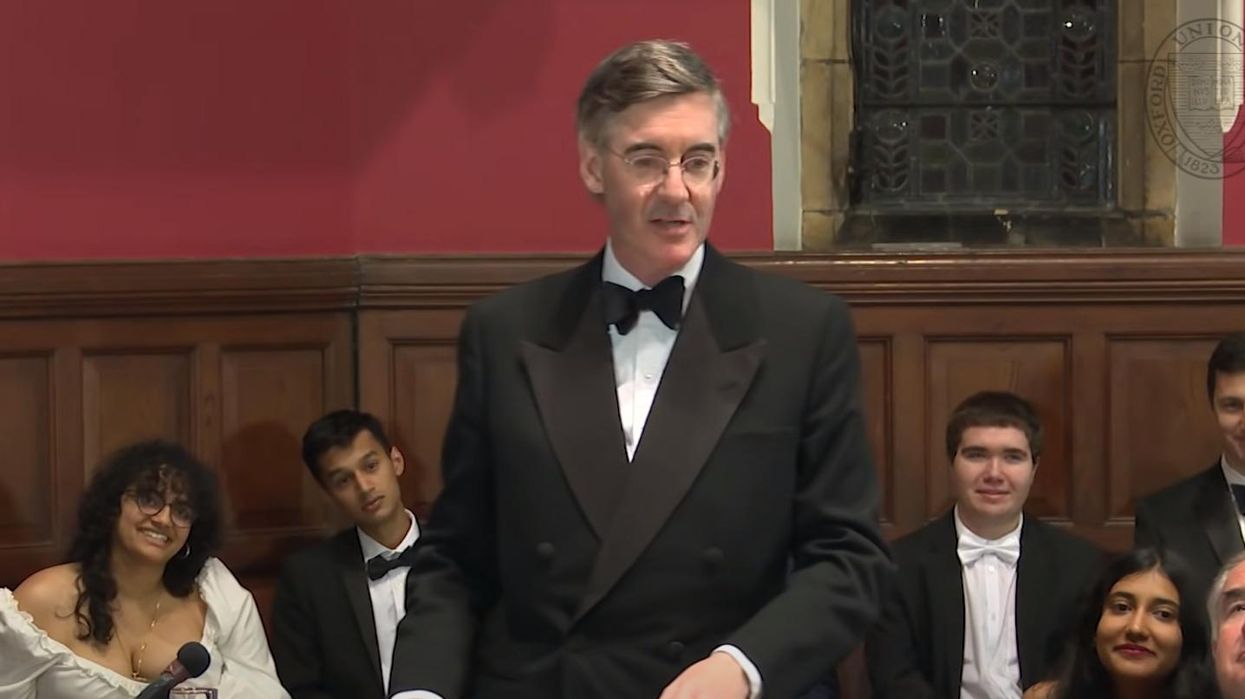Elizabeth Wasn't Bad, But The World Is Losing Its Taste For British Royalty
Queen Elizabeth II
As a person whose eight great-grandparents were born in Ireland, my enthusiasm for British royalty is rather limited.
Irish Times columnist Patrick Freyne may have put it most succinctly: “Having a monarchy next door” he wrote in 2021, “is a little like having a neighbor who’s really into clowns and has daubed their house with clown murals, displays clown dolls in each window, and has an insatiable desire to hear about and discuss clown-related news stories. More specifically, for the Irish, it’s like having a neighbor who’s really into clowns and, also, your grandfather was murdered by a clown.”
That said, I never took it personally. I’d pretty much overdosed on ethnic nationalism by age 12 or thereabouts, tired of being told there was a proper“Irish” opinion on every imaginable topic, and that it agreed with my maternal grandfather’s. I don’t recall how he answered when I asked why he spent so much time talking about a foreign country he’d never visited. It was a rhetorical question. Many of my classmates at school had grandparents with one foot in the Old Country — Ireland, Italy, Poland, wherever. We were American kids.
Even so, at our wedding, to give you some idea, my mother demanded to know of Diane’s family, “What nationality are you people, anyway?” (Louisiana French.) They were flabbergasted. Indeed, my wife was never forgiven for not being named Ginger O’Grady. But that was nothing to do with me.
But no, I never held all that sad history against Queen Elizabeth. So her ancestors caused mine to die of famine. Nothing she personally could have done about it. Insofar as I could tell, she played the hand she was dealt with grace and dignity. Even back when she was Princess Elizabeth, driving ambulances during the London Blitz and giving radio pep talks to British children.
She reigned a very long time.
Out of curiosity, I checked the front page of the Irish Times on the day she died. The lead story was the arrival in Dublin of country singer Garth Brooks for a series of shows. He’s hugely popular there; the Irish love ballads. The queen’s death was relegated to the bottom of the page. Coverage was respectful, but muted, in contrast to the worshipful spectacle on American TV.
No matter. What the English have given us — Irish, American, Canadian,Australian, Indian, et al.— is their language: The language of Shakespeare, Milton, Swift, Austen, Tolkien and Orwell. Also of Jefferson, Twain, Joyce Carol Oates, andTa-Nehisi Coates. If you love books, you’re pretty much an Anglophile, as I certainly am.
My English friends vary from stridently anti-monarchist to mildly sarcastic about the Royal Family. “It is a strange fact, but it is unquestionably true,” Orwell wrote in 1941, “that almost any English intellectual would feel more ashamed of standing to attention during God Save the King than of stealing from a poorbox.”
“Unquestionably,” indeed.
“Bloody royals,” snarls my friend Lawrence from his garden on the Isle of Wight. Useless parasites all, he insists. He even quarrels with my observation that Duchess Kate is terribly beautiful. Too scrawny, he thinks. He’d surely agree withTwain’s suggestion that they be replaced with a family of cats.
“They would be as useful as any other royal family, they would know as much, they would have the same virtues and the same treacheries,” Twain wrote, “they would be laughable, vain, and absurd and never know it, they would be wholly inexpensive, finally, they would have as sound a divine right as any other royal house.”
Indeed, millions around the world find themselves riveted by the ongoing soap opera that is the Royal Family. All those castles, all the tiaras and crowns, and the Queen’s kin are every bit as crazy as your own: complete with racist
grandad, adulterous uncle, his doomed, betrayed wife, a second funny uncle with a lech for underaged girls, not to mention grandson’s preening, Drama Queen wife…
The British royals behave every bit as badly as the inhabitants of any Arkansas trailer park or New Jersey tenement. Millions derive great comfort from that.
Upon Queen Elizabeth taking the throne in 1952, Churchill described the monarchy as“the magic link, which unites our loosely bound but strongly interwoven commonwealth of nations.” If anything, she presided over its steady, inevitable demise. Born to the globe-spanning British Empire, she leaves her son and heir King Charles III pretty much all that’s left of the United Kingdom: England, Scotland, Wales, and Northern Ireland.
Even that may not last, leaving Charles ruler of a small island nation in the North Atlantic. Even so, Elizabeth left it better than she found it. Had I been born to her privileges and burdens, I’d also have chosen to spend my time on a country estate surrounded by dogs and horses, to all appearances the best of the lot.


